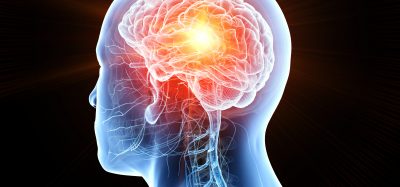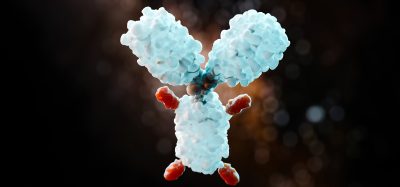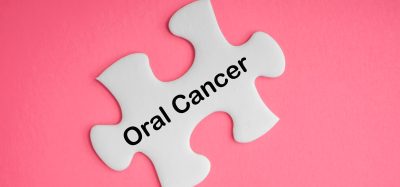Endometriosis symptoms in mice improved by cannabinoids
Posted: 16 January 2020 | Rachael Harper (Drug Target Review) | No comments yet
A new study in mice has suggested that cannabinoids can relieve pain caused by endometriosis and paves the way for further clinical research.


Initial results from a new study have revealed that treating endometriosis in mice with cannabinoids could alleviate some symptoms of the disease.
The research team studied mice with endometrial implants in their pelvis to mimic endometriosis in humans. Those with the implants were more sensitive to pain in their pelvis that can also be associated with emotional and cognitive alterations – similar to symptoms seen in some women with endometriosis.
…mice with endometriosis treated with THC for 32 days had smaller endometrial growths”
After treating the mice with a daily dose of 2mg/kg cannabinoid Δ9-tetrahydrocannabinol (THC; the main psychoactive constituent of the cannabis plant) for 28 days, the pain sensitivity was alleviated in the pelvis. However, it had no effect on pain in other areas, showing that the treatment was specific to pain caused by endometriosis. The pain relief also occurred regardless of when the treatment was started, suggesting that it worked just as well once pain symptoms were established, the scientists said.
Biomarkers aren’t just supporting drug discovery – they’re driving it
FREE market report
From smarter trials to faster insights, this report unpacks the science, strategy and real-world impact behind the next generation of precision therapies.
What you’ll unlock:
- How biomarkers are guiding dose selection and early efficacy decisions in complex trials
- Why multi-omics, liquid biopsy and digital tools are redefining the discovery process
- What makes lab data regulatory-ready and why alignment matters from day one
Explore how biomarkers are shaping early drug development
Access the full report – it’s free!
“Since medical THC is available in some countries, the findings of our study may be of interest for gynecologists and pain specialists who manage the treatment of women with endometrial pain,” said senior author Rafael Maldonado, Professor at the University Pompeu Fabra of Barcelona, Spain. “But it is crucial to underline that the use of cannabis in unregulated scenarios should be discouraged given the serious risks associated with its consumption.”
The team next found that mice with endometriosis had similar anxiety-like symptoms experienced by some women with the condition. However, they said that their experiments could not reveal whether THC had any significant effects in treating this anxiety.
As endometriosis can be known to impair cognitive function in some women, the team also studied memory performance in the mice and found that memory was impaired in the models with endometriosis compared with those that did not have the condition. However, mice treated with THC did not show this impairment, which the scientists have said may suggest that THC has a protective effect.
Finally, the team studied the effects of THC on the endometrium inside and outside of the womb and found that mice with endometriosis treated with THC for 32 days had smaller endometrial growths.
The findings of this study have led to the start of a clinical trial that will evaluate the possible benefits of THC in women with endometriosis.
The study was published in eLife.
Related topics
Cannabinoids, Drug Development, Drug Repurposing, Drug Targets
Related conditions
endometriosis
Related organisations
University Pompeu Fabra of Barcelona
Related people
Rafael Maldonado








